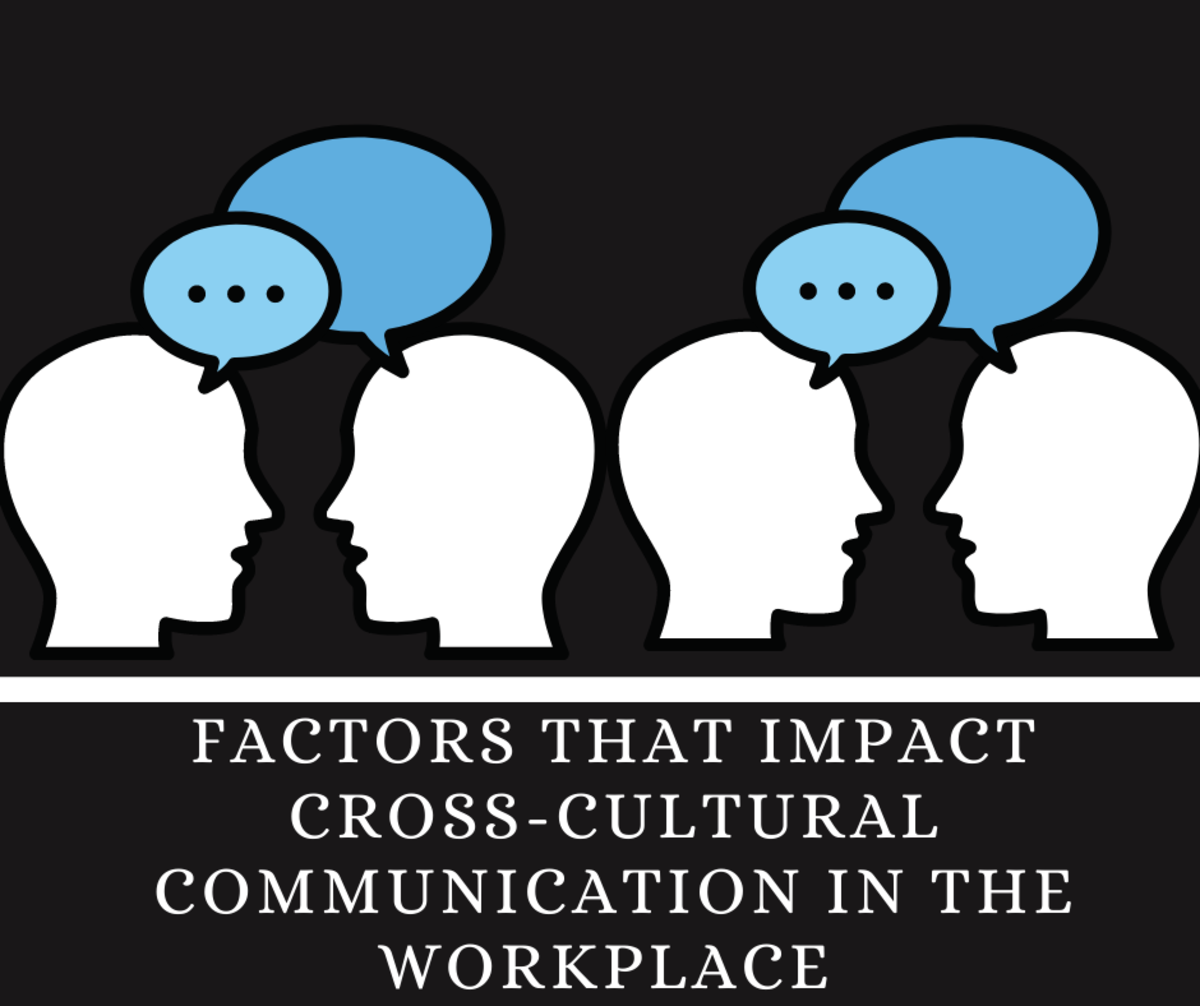Gain Confidence, Improve Soft Skills, Interview Better

Think you know everything you need to know about body language? Think again!
Body language is so much more than just how we “read” other people. Using an understanding of how the body sends signals to the mind, this video explains how you can control your own body language to improve confidence. The speaker offers several ideas of how you can start developing a new sense of control, starting immediately.
You'll never think about body language the same way. The idea of helping rewire your own thinking through purposeful posturing may seem strange, but there's some interesting science to back it up. The old adage "fake it till you make it" can leave a person feeling like an impostor, mainly because the transformation is not complete. Rethinking the message you broadcast to others through body language can also help you rethink yourself, until you finally become the confident, assertive professional you want to be.
Your Body Language may Shape who you are - Amy Cuddy
Action Steps: Fake it ‘till you BECOME it!
Approach each stressful communication with confidence and a smile. Our own perception of nervousness can trick us. For example, when speaking to a group, someone might feel like everybody must have seen how nervous they were, but that’s not the case! For the most part, if a speaker maintains their composure, makes eye contact, speaks clearly and accurately, they do not appear nervous to viewers. So why let your "inner voice" talk you into believing you are nervous, perpetuating the downward spiral of negative thinking? Take control!
The video describes Power Poses, and their possible effect on helping a person feel confident. Practice them! When used frequently, and especially as you prepare for an interview or networking opportunity, they can absolutely shift your thinking so you appear confident and competent until you become confident and collected.
Everyone gets nervous, and successful interviewees transform their nervous energy into enthusiasm, excitement and power by embracing it. Instead of crumbling into a nervous wreck, use that energy to enthusiastically greet your interviewer. Seem excited by giving a brisk, confident handshake. Turn nervousness into power by using it to beam positivity with a brilliant smile and a spring in your step.
Types of Interviews
An Interview is an Interview, isn’t it? Nope!
This quick, informative video gives a nice overview of the types of interviews you are likely to run into. Each type of interview has a different specific purpose, but they all have one thing in common: to sort through many applicants to find the best fit for the business’ needs. Are YOU that person? The more prepared you are, the better your chances of landing a great job with the right company!
Whether you’re interviewing for an entry level position or upper management, for the sales floor or the manufacturing plant, one thing is for sure: it’s your job to be able to communicate who you are as an employee to the interviewer. The best way to do this is to take time to reflect on who you are in the workplace, what special skills and talents you bring to an employer, and what experience you have that marks you as different, unique and a “sure thing” for your next supervisor.
One important part of this preparation includes finding out about the company you are interviewing to join. Look at their website, dig online and find reviews from both customers and employees. What can you find out about their values and ethics from news articles about them? Does this really look like a company you would be happy with?
Additionally, you want to study the original job posting that led you to apply for the job in the first place. There in front of you is a list of exactly what they’re looking for. When you are thinking about which experiences to share, as you prepare to answer common interview questions, be sure to pick stories from your own background that illustrate how you are a great match for what the company seeks in a new hire.
Preparing Answers for Interview Questions
While on one hand, you don’t want to walk into an interview with a memorized script, at the same time you definitely want to have an idea “in the back of your mind” of how you’ll approach certain topics. It helps to have a plan for which story from previous employment you’ll use to answer a question about such things as handling conflict at work, where you see yourself in five years, or the grand terror of a question: Tell us about yourself.
This video gives a nice breakdown of what sorts of details a successful interviewee should include in their answer. While each person will answer differently, there are certain types of responses that are more likely to feel like complete and wholesome to the interviewer. To sort through all of your possibilities, it’s really helpful to write down notes for how you would answer these questions, and practice with a friend, partner, or family member. Remember: you don’t want to memorize an answer since that can seem fake, but you do want to have practiced recalling the information enough that you seem calm, confident and prepared during your interview.
One important thing to keep in mind: every answer needs to be clearly focused on work skills, qualifications and experiences. Never bring personal life into your answers. Your greatest achievement is not your children, spouse or latest sabbatical. Your biggest weakness can not be chocolate or stories about kittens. "Tell me about yourself" is not an invitation to tell your life story, as interesting as that may be. It may be illegal, but some demographic information can be used to stop a person's application from going forward and earning the position, so the less personal information you give at an interview, the better. Besides, the interview is a conversation about the business and your possible role in it. Stay focused on that.
This article is accurate and true to the best of the author’s knowledge. Content is for informational or entertainment purposes only and does not substitute for personal counsel or professional advice in business, financial, legal, or technical matters.
© 2019 Amanda Eason








